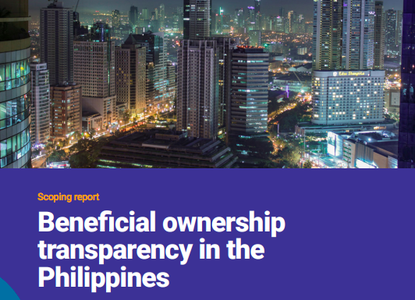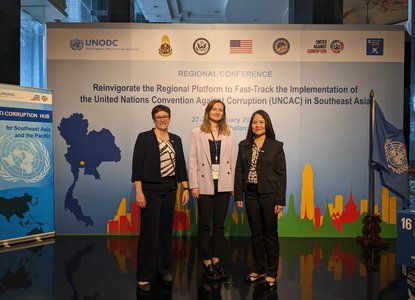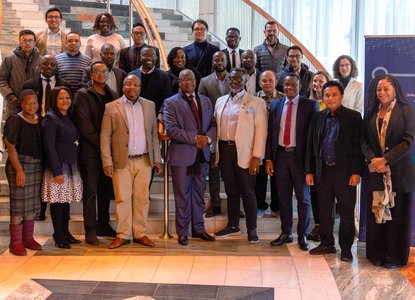Meet Mutale and Emily
Recently, the ranks of Open Ownership staff were swelled by the addition of Emily Manuel, based in the Philippines, and Mutale Mukuka, based in Zambia.
This blogpost finds out a bit about their background, their motivations, and what they are looking forward to in the year ahead. We welcome them to the team.
Emily Manuel
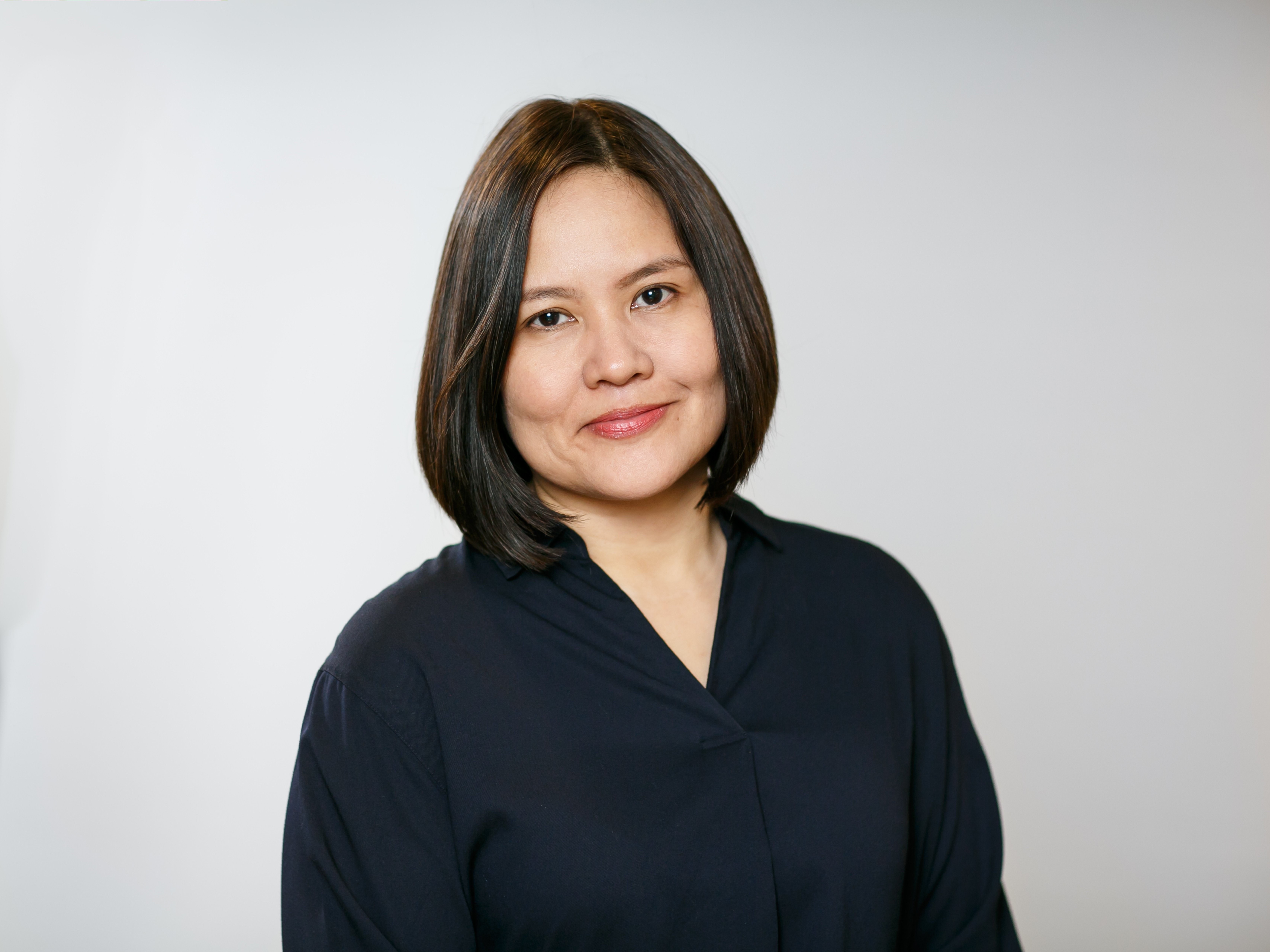
OO: Tell us about your early life
I was born in Manila, Philippines into a small family. It was mostly a sheltered life. I attended a catholic girl’s school, and I didn’t have much exposure to what was happening around me: extreme poverty, or how other people lived. It was only when I entered University, that I came to learn about social problems and how they impact other people. And so I made a decision, early in my life, that I wanted to follow a career where I can help people.
That’s what motivated me to take up Law. I really wanted to bring about justice and social change. I volunteered as a paralegal for a human rights organisation during my final year of studying. But, of course, my parents didn’t want me to be a human rights lawyer, they wanted me to do corporate practice. They wanted to steer me back into the track into which I was raised. So I did general practice in those first few years.
OO: At what point did you realise your calling to work in civil society?
Before long, I joined an NGO as a lawyer. It was a group that worked with mining and indigenous people’s rights. It was meaningful and exciting work, where I got to represent partner communities on important issues that had an impact on national policies.
I did that for a few years, then I went back to private practice due to the political climate, which became hostile to human rights activists. The choices were so limited to me at that time, because I didn’t want to do work that conflicted with my advocacies and personal beliefs. I ended up working for a data company, where I started to specialise in technology law. After a while, I was determined to re-enter the public sphere, and began consulting for the government and various international development organisations. My goal was to find work where I could effectively influence policy, which is why I applied for the job at Open Ownership.
OO: And why is working in civil society important to you now, particularly?
I think there are a lot of opportunities to influence policy and make real changes, especially in the context of beneficial ownership as it’s quite new, and we’re at the forefront. We are aware how technology can be used to facilitate financial crime. But at the same time, technology can also be used as a tool to promote transparency, which is one of the things I like about Open Ownership.
OO: You’ve come into a brand new role at OO, working as the Regional Manager for Asia Pacific. What do you think are the challenges ahead?
First of all, there is a lack of awareness in the region about the benefits of beneficial ownership transparency (BOT). Only a few countries currently have laws in place requiring disclosure of BO data, such as Indonesia, Philippines, and Mongolia. Second, it’s often not a priority on the political agenda in the region, as the majority of the countries in the Asia Pacific are in the global south, and BOT is a concept that is perceived to be driven by the west. That fact doesn’t create resistance, but for some countries in the Asia Pacific region, so far, BOT has seemed to me to feel like compliance for the sake of compliance. What we want to achieve instead is for policy makers to understand the importance of BOT, because it can effectively deter corruption, improve the ease of business, and unlock the full value of natural resources for citizens of countries in the region, which are some of the concerns in these countries.
Another challenge is a personal one, working for a global organisation, the time zones are crazy! I have colleagues in the western hemisphere, one even in Argentina, so there’s a time difference of 11 hours between me and her. I really enjoy meeting new people, and learning about new cultures, and travel is a part of that, which I get to do a lot of in this job. I am really excited about the year to come.
Mutale Mukuka
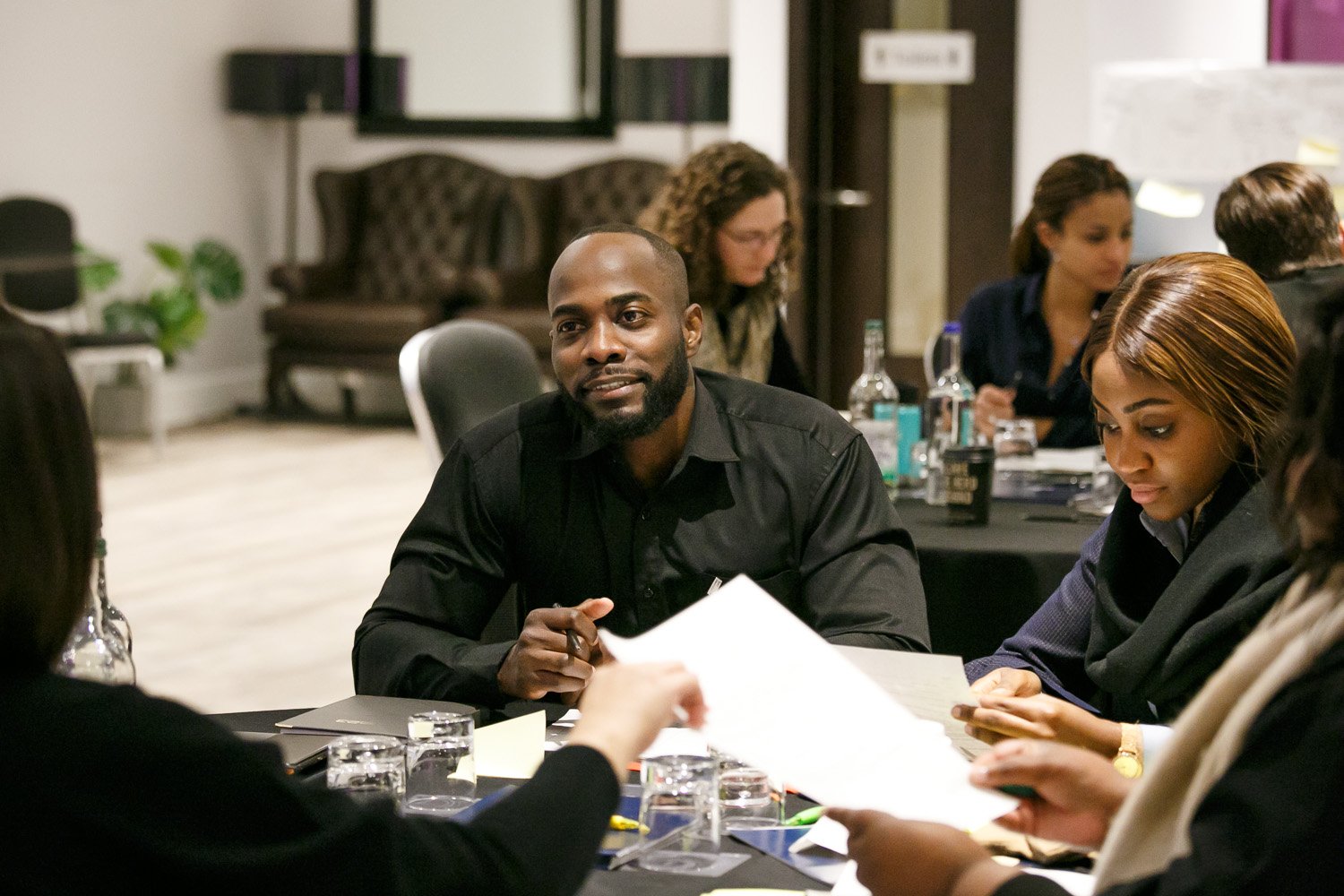
OO: Tell us about your early life
I was born in the capital of Zambia, Lusaka, in a suburb called Kalundu. For the most part it felt nice and safe for me and my three sisters. In my younger years I vividly remember the peace and quiet of the suburbs. When I was 7 we moved to a lower-income area, the sort of area that had regular house break-ins - you wanted to be in the house by 6pm as it wasn’t safe to be out later than that. It was a step difference from where I came from, safe, quiet and warm. There were a lot of adjustments.
Later I learnt it was because my mother, who raised me, had lost her job. As a kid I didn’t understand. I then had to drop out of school for a year because around the same time I was meant to go up a year, my sister had gained admission to university, and my mother had to decide where to spend her resources. So I had to wait until she had enough resources to let me continue my education.
My ambition, and drive for success comes from this. I restarted school at 9, and I had to sit an assessment test for a good school called Treetops Primary School - there were no tree houses, or trees, so that name was ironic! I did so well that they recommended I skip a grade, so I made up for the missed year. I went on to secondary school, and eventually to University about 6 hours drive away from Lusaka, so I moved there for my studies for 4 years. I majored in Development Studies and my minor was Economics.
In retrospect, this start in life made me who I am today. I learnt about resilience: life will throw the unexpected at you, and you need to quickly learn to adapt, and find a way to thrive. My mother became an entrepreneur full-time, with her own business. There was another lesson there, that you can figure out how to survive - she became self-reliant, innovative and survived. Challenges can be a blessing in disguise.
OO: At what point did you realise your calling to work in civil society?
When I was quite young, especially when I was out of school for that year, I started to question why there was this disparity in life, with very visible differences in the quality of life - some kids in good schools, or not at school at all. Early on in life I thought about what difference I could make in narrowing the gap between the rich and the poor. What role could I play? At that time, I didn’t understand that there was a public sector. Growing up, I wanted to be a lawyer, as I thought law and justice was well respected in society and you earn a lot of money! But as I learnt about the nuances of life, I began to think about being more impactful, and I thought the public sector was where I could have the most impact.
All of my jobs have been in the development sector, even when I was still in University and was required to do a three-month internship. As I was doing Development Studies, I did an internship in the public sector. Being in that environment reinforced what I had always known, that when I left University this is what I definitely wanted to do.
OO: And why is working in civil society important to you now, particularly?
I started to think beyond national development, to think about global development. How can I be useful in the global space? I went back to school to do a Master’s programme in Political Science and International Relations. I wanted the theoretical background, to understand how nations interact to facilitate global development so I could apply myself in a global development organisation. As Open Ownership plays a part in global governance, it seemed like the right fit for furthering my career. I always think: how can the world work better? Yes we focus on beneficial ownership transparency (BOT) reform, but I am now in a situation working within global governance. This environment lets us focus on solutions, and this is my driver.
OO: You’ve come into a brand new role at OO, working as the Country Programmes Associate. What do you think are the challenges ahead?
Given my focus on supporting country implementation in Africa, with a particular focus on southern Africa, and working with governments who are implementing BOT reforms, the key challenge will be getting governments to fast-track BOT reform. I say fast-track because now is the time. There is no time to waste for countries to get laws in place and move towards disclosure of usable beneficial ownership information.
That’s because worldwide, billions are lost to illicit financial flows, especially in developing countries and poverty remains high in a lot of countries. Countries are losing full value of their natural resources, and BOT will help address this - so that countries have as many resources as possible to address the challenges within. I believe it’s a human development issue: illicit financial flows, grand corruption and public procurement fraud. Without BOT, there is no way to determine who owns what and who is behind a company doing business with the government, meaning resources are obtained by the elite few, rather than being equally shared. In countries like Zambia, who have implemented reforms to have a BO register in place, there is a real opportunity to leverage this progress to improve public procurement and improve natural resource governance. I want my work to stress what a change BOT can make, and that the time is now.
